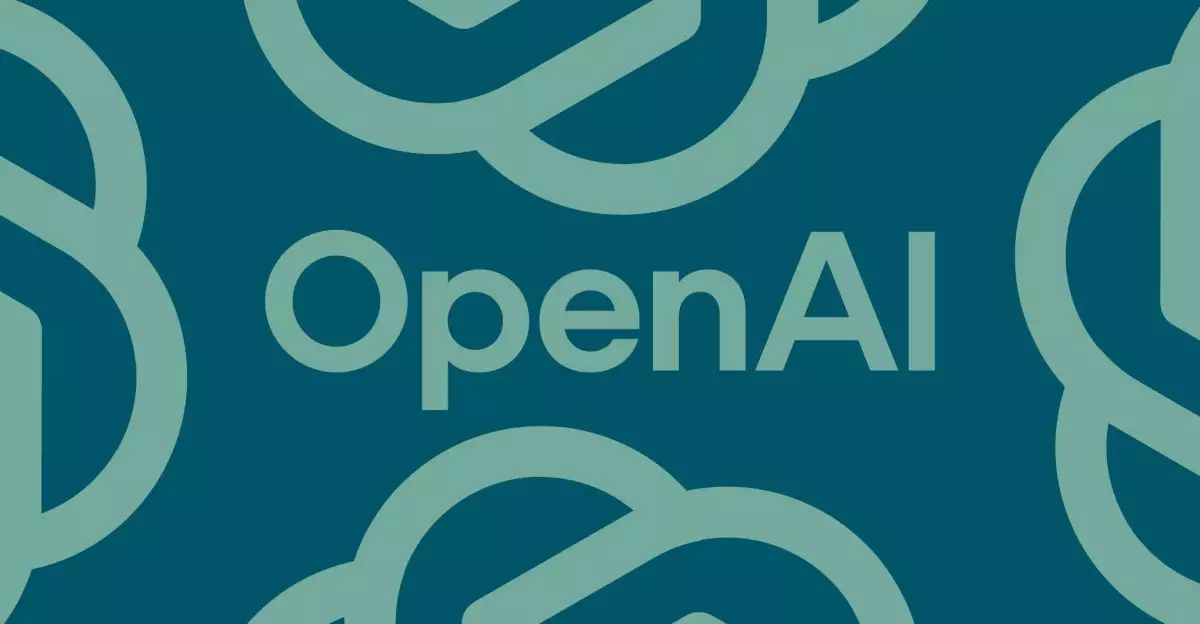The contentious legal tussle between Elon Musk and OpenAI represents more than a mere corporate dispute; it embodies a clash of philosophies regarding the future of artificial intelligence. At the crux of this multifaceted struggle is OpenAI’s claim that Musk’s actions are motivated by self-interest, seeking to undermine the organization’s mission of responsible AI development. Musk, who is no stranger to high-stakes controversies, initially aimed to steer OpenAI back to its roots of altruism—that is, the creation of artificial general intelligence (AGI) for the betterment of humanity. But as events unfolded, the narrative morphed into a convoluted saga laden with accusations and counter-accusations.
Legal Maneuvers and Motives
OpenAI’s recent countersuit skillfully frames Musk’s ongoing litigation and disruptive tactics as “bad-faith actions.” By arguing that Musk’s faux takeover bid was an underhanded attempt to stifle innovation, OpenAI positions itself as the standard-bearer for ethical AI development. The rhetorical framing is crucial; it builds a narrative around the idea of openness and collaboration in technology, contrasting sharply with Musk’s often solitary approach to his ventures. This battle is not merely about legal rights; it’s a struggle for control over the future of AI ethics, where the stakes are nothing short of monumental.
The Founder’s Paradox
The paradox of Musk’s role as a co-founder of OpenAI cannot be overstated. While he was instrumental in laying the groundwork for the organization, Musk’s recent actions appear counterproductive to the original ethos of responsible innovation. Within Silicon Valley, there’s an underlying tension between profit motives and social responsibility, and Musk’s maneuvers exemplify this dilemma. The initial lawsuit, which Musk described as a necessary correction towards OpenAI’s mission, was dismissed by The Verge’s editor-in-chief as “hilariously bad,” an indication that even industry insiders see the contradictions in Musk’s efforts.
The Stakes are High
As the legal battle unfolds and is set to go to trial in 2026, the implications of this conflict extend far beyond the courtroom. The outcome may influence public trust in AI technologies, shaping the future landscape for developers, investors, and users alike. With AI feared by some as a potential threat and embraced by others as a transformative force, clarity around ethical practices is paramount. OpenAI’s fight against Musk isn’t just self-defense; it’s crucial for maintaining the integrity of the AI sector, advocating for transparency, fairness, and collaboration in an era where technological advancements can radically reshape society.
What Lies Ahead
The narrative around this legal battle is still developing, but the underlying issues resonate deeply within the realms of technology and ethics. Will Musk persist with his confrontational approach, or will this lead to a re-evaluation of priorities within both OpenAI and Musk’s enterprises? As 2026 approaches, the spotlight will intensify, perhaps turning this legal confrontation into a pivotal moment for regulating AI development and ensuring it remains focused on the collective good, rather than individual gain. The ramifications of this conflict are sure to echo through the industry for years to come, forcing all stakeholders to confront their own philosophies and responsibilities in the fast-evolving world of artificial intelligence.


Leave a Reply